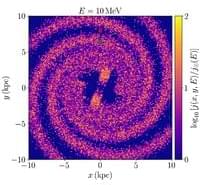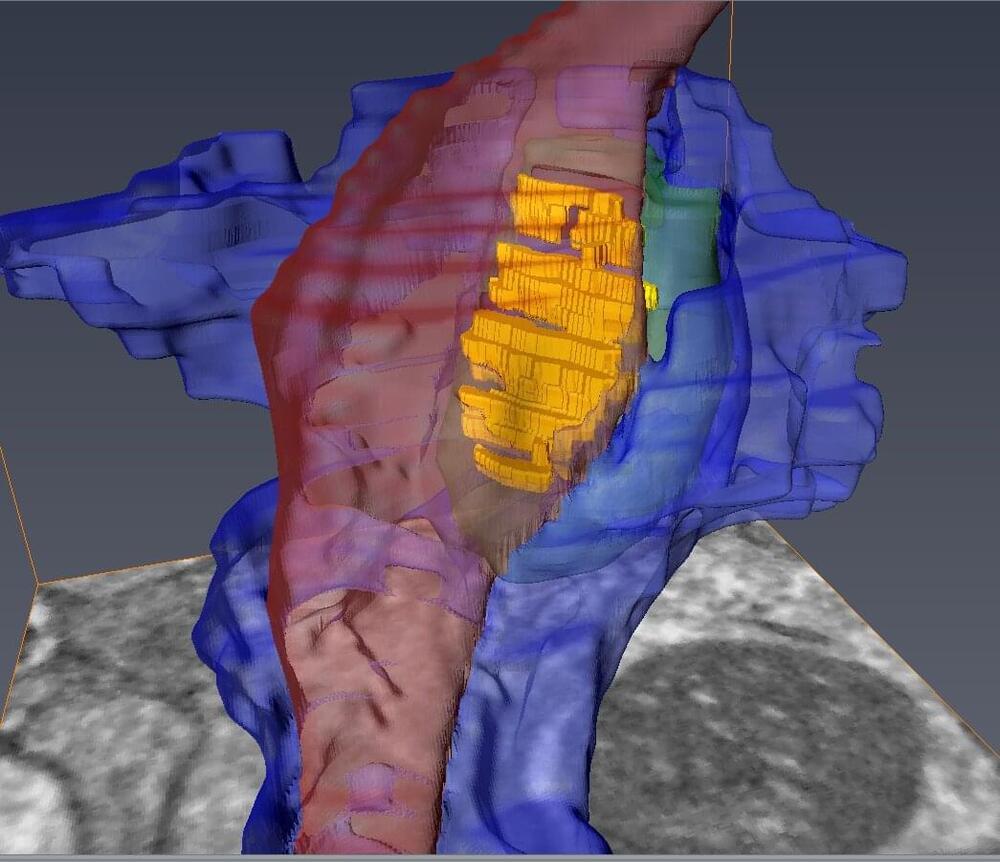
Qualcomm Technologies, Inc. unveiled the Qualcomm Video Collaboration Platform, a new suite of video collaboration solutions that allows original equipment manufacturers (OEMs) to easily design and deploy video conferencing products featuring superior video, audio and customizable on-device AI to power engaging, immersive virtual meeting experiences across enterprise, healthcare, educational, and home environments. The Qualcomm® Video Collaboration Platform is a one-stop solution that provides essential hardware and software features specifically tailored for video conferencing so that customers can quickly design and deploy a wide variety of video conferencing products, from enterprise video collaboration systems and huddle room systems to digital whiteboards, to touch controllers and personal devices for the home.
With support for Android and Linux, the three AI-rich platforms offer greater flexibility and ability to customize and deploy video conferencing products across diverse environments. Qualcomm Technologies’ industry-leading innovations in connectivity, compute, AI, audio, and video work together to deliver features that eliminate distractions, enhance productivity, and allow remote meeting callers to feel more connected to conference room participants by providing individual views of everybody in the room, creating an equal viewing experience for all participants.
With the rapid advances in generative AI, future meeting experiences will offer even more advanced video, speech, and text capabilities. Collaboration devices with dedicated hardware support for on-chip AI acceleration will be able to optimize these experiences by splitting workloads between the cloud and edge-based device.


















